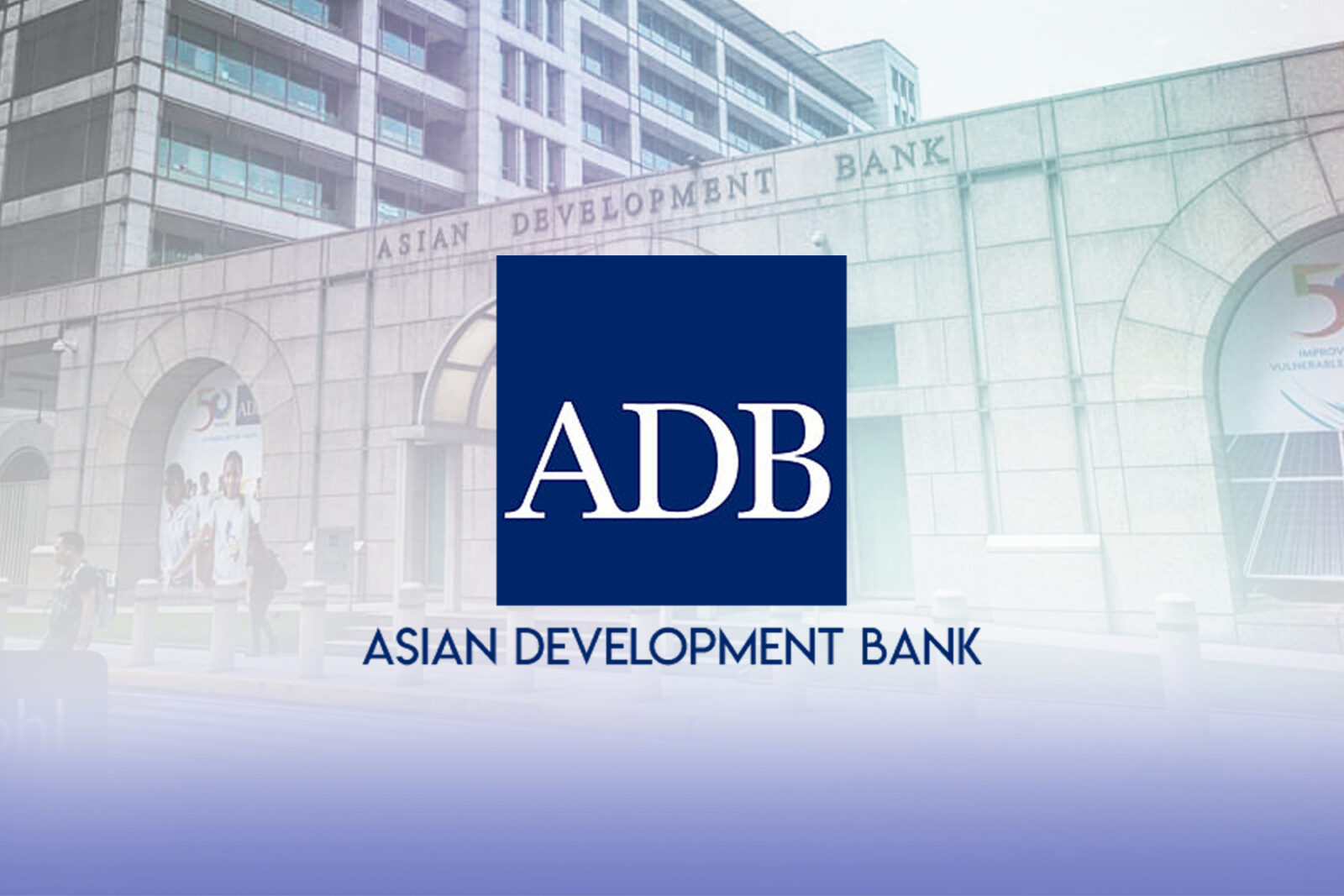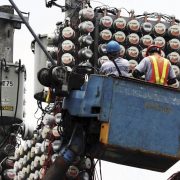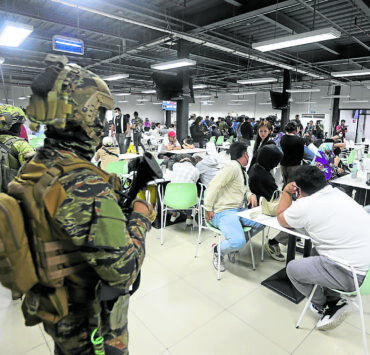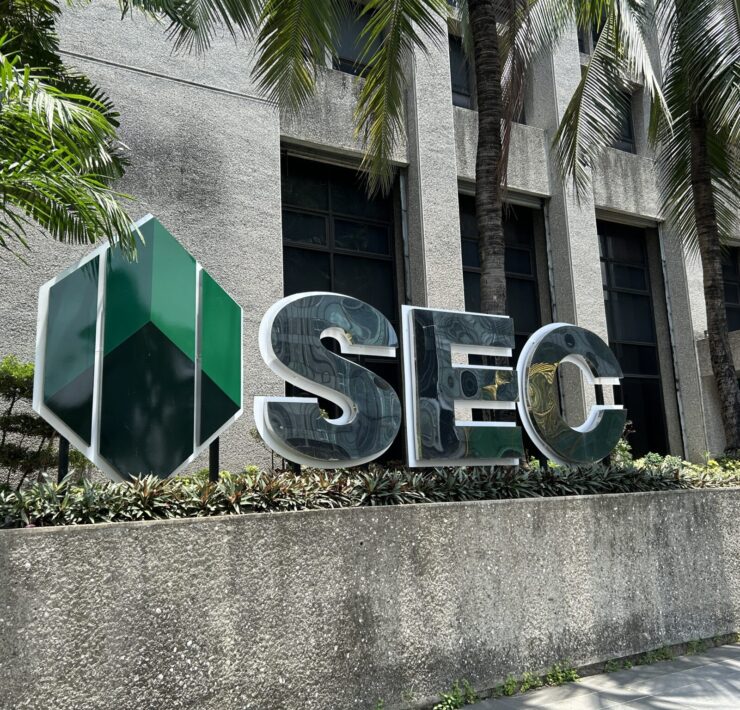ADB allots $100B for climate projects by 2030

The Asian Development Bank (ADB) plans to invest as much as $100 billion in climate-related projects by 2030, highlighting how fighting climate change ranks high on its development agenda.
“The vision for ADB is to be the Climate Bank for the Asia and the Pacific region,” said Ramesh Subramaniam, Director General and Group Chief of the Sectors Group at ADB.
“We’ve allotted $100 billion in cumulative commitments to be reached by 2030. We also have more funds that have been approved, and a significant portion of that will go [towards addressing] climate change,” he said during the recent Girls Takeover event.
Subramaniam said that the Asia Pacific region performed well despite the pandemic with the middle class in the developing economies continuing to expand.
This growth, however, has accelerated global warming that has spurred worsening environmental disasters such as more frequent and severe typhoons and longer droughts.
These underscore the urgent need to invest in mitigation and adaptation measures to achieve climate goals.
“All of us clearly need to play a very strong role in protecting nature. Not just protecting nature, but we also need to value nature and address climate change at all levels,” he said.
He added that in many communities, societies and countries, young people, including girls and young women were more aware of the perils of climate change and are eager to contribute to achieving climate goals.
These include keeping global warming to 1.5 degrees over pre-industrial levels. Failure to do so means a higher risk of unleashing more severe impacts, including more frequent and severe heatwaves, droughts and rainfall.
Recently, the ADB formally partnered with Plan International, a global humanitarian and development organization, to showcase the critical role girls and young women play in leading climate action.
During the event last month, youth leaders from across Asia and the Pacific, along with civil society organizations discussed and explored innovative nature-based solutions to climate change, as well as recognized the unique contributions of girls and young women in building climate-resilient communities.
“The climate crisis is a social and intergenerational injustice; those who have contributed least are often the most impacted. It also exacerbates inequalities against girls and young women, threatening their futures and hindering their ability to live life to its fullest potential,” said Ana Maria Locsin, Executive Director of Plan International Pilipinas.
Meanwhile, ADB’s Director for Fragility and Engagement, Climate Change and Sustainable Development Department, Benjamin Graham, noted the importance of the initiative and reiterated ADB’s dedication to creating inclusive environments for young people, while also supporting gender-sensitive strategies for addressing climate change.
“We’re working on an operational approach for enhanced engagement with civil society, to include more collaboration with girls’ and young women’s groups to address major development challenges,” Graham said.





















